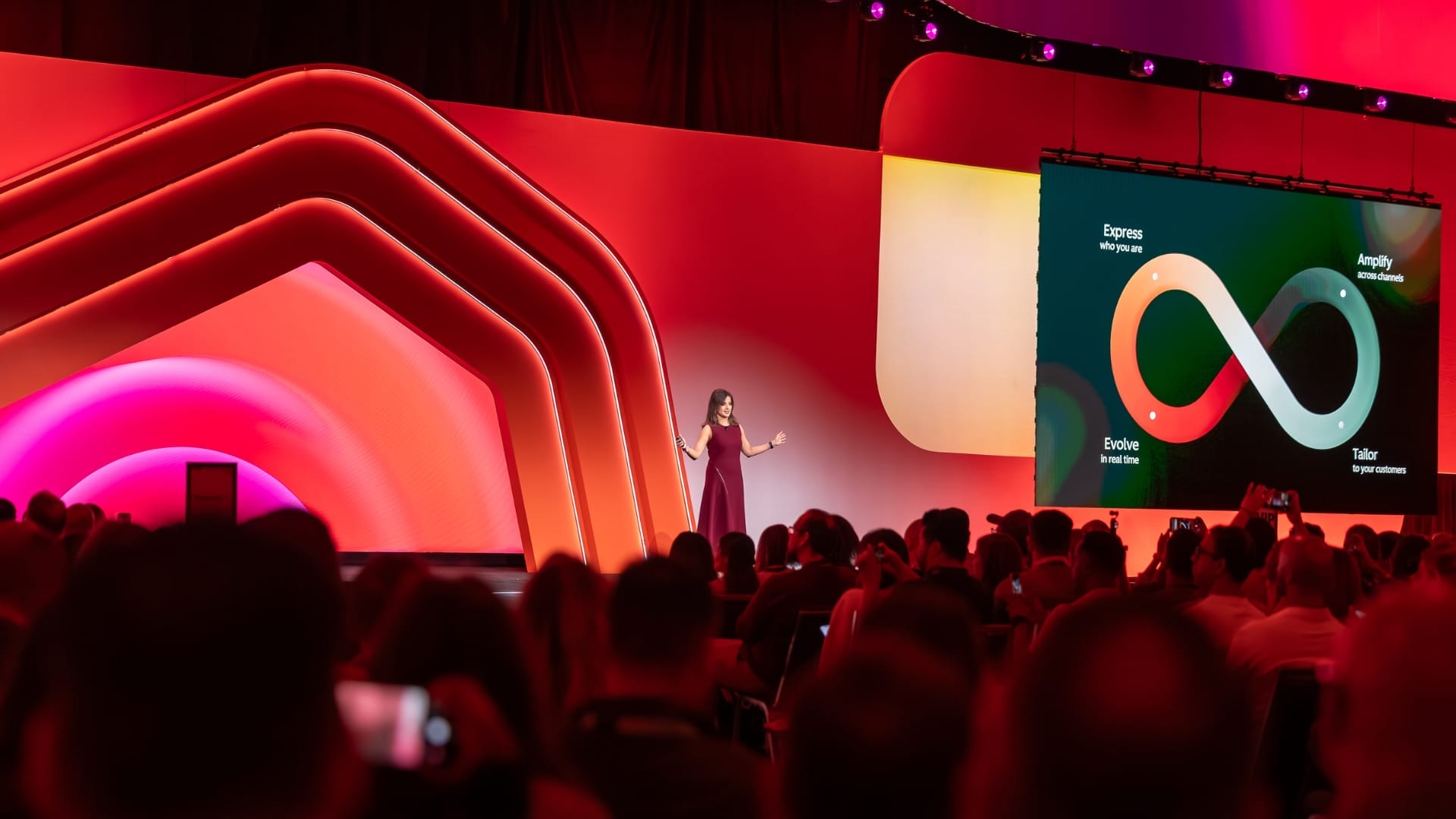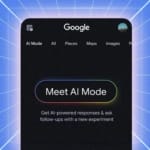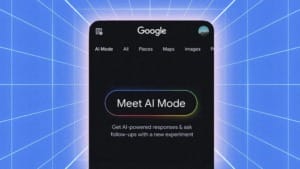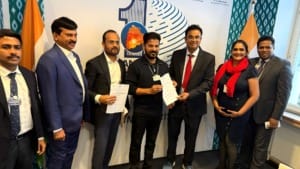HubSpot unveils Loop Marketing playbook to drive growth in AI era
HubSpot launches Loop Marketing playbook and over 200 AI updates to help businesses grow in the era of AI search and zero-click results.

HubSpot has launched a new marketing playbook called Loop Marketing, designed to help businesses adapt to the changing digital landscape where artificial intelligence (AI) search and zero-click results are reshaping customer engagement. The announcement was made at INBOUND 2025, HubSpot’s annual flagship conference, alongside the release of more than 200 AI-powered product updates.
Table Of Content
A new approach to customer engagement
With 60% of Google searches ending without a click and AI overviews increasingly providing direct answers, HubSpot says businesses must rethink how they reach customers. The Loop Marketing playbook aims to address this challenge by offering strategies that help companies get discovered, connect with audiences, and deliver personalised experiences.
“The old marketing funnel assumed customers would come to you. They visit your website, read your blog and convert on your terms,” said Kipp Bodnar, Chief Marketing Officer at HubSpot. “Now the funnel isn’t flowing, and the old playbook is broken. Loop Marketing is fundamentally different. It meets customers everywhere they are, uses AI to personalise each message at scale, and turns every interaction into a learning opportunity that makes the Loop stronger.”
HubSpot first introduced the Inbound Marketing methodology in 2006, transforming how businesses attracted and engaged customers in the digital era. Today, with more than 260,000 customers worldwide, the company has evolved this approach to meet the challenges posed by AI-driven search and zero-click engagement.
The Loop Marketing framework
The Loop Marketing strategy is built around four stages. The first stage, Express, encourages businesses to define their brand identity and voice before using AI, ensuring content remains distinctive. Performance here is measured by speed and cost of content creation.
The second stage, Tailor, focuses on using AI to personalise messages by leveraging unified customer data, including CRM records, call transcripts, and browsing behaviour. Success at this stage is tracked through click-through rates across channels.
The third stage, Amplify, calls for diversification of content across traditional and emerging platforms such as TikTok, Reddit, and podcasts, as well as within AI-powered search results. Businesses are measured by conversion rates, visibility within AI, share of voice, and citations.
The final stage, Evolve, centres on rapid adaptation. Instead of running long campaigns, businesses use AI to measure, predict, and optimise in real time, with success measured through leads and experiments.
“When humans and AI work together in the Loop, businesses grow in days instead of months, creating deeper connections with messages that feel personally crafted, lower acquisition costs through smarter targeting, and continuously improve as AI learns from every interaction,” Bodnar added.
AI-powered product updates for hybrid teams
In addition to the Loop playbook, HubSpot introduced more than 200 AI-powered updates aimed at strengthening hybrid human-AI collaboration across marketing, sales, and service teams. These updates include AI teammates built on unified data foundations and embedded directly into workflows to improve efficiency and integration.
The new data hub brings together structured, unstructured, and external data to power AI tools. Key features include Data Studio, which uses AI to unify information, and Data Quality, which automatically identifies and fixes errors. By improving data reliability, AI can automate repetitive tasks, allowing employees to focus on strategic and creative work.
HubSpot also launched the Marketing Studio within its Marketing Hub, providing teams with an AI-powered workspace for campaign planning and execution. AI-Powered Email now leverages CRM data to produce personalised messages, while a new AI-driven Configure, Price, Quote (CPQ) tool within the Commerce Hub aims to simplify the sales process.
Another layer of HubSpot’s updates introduces AI agents designed to work alongside human teams. These include the Data Agent, which analyses customer data to answer questions; the Customer Agent, which personalises interactions and automates conversations; the Breeze Assistant, which helps with tasks like summarising support tickets and content creation; and Custom Assistants, which can be trained for specific business needs.
Addressing challenges in Singapore
HubSpot’s State of Business Growth report for Singapore highlighted integration and AI maturity as the main drivers of business success. The company says its new tools are designed to help firms overcome the barriers of technology complexity and improve efficiency.
“Our research sends a clear message: digitalisation alone isn’t enough. The difference between stagnation and hyper-growth lies in integration and AI maturity,” said Carol Fong, Head of Asia at HubSpot. “We found that local businesses with fully integrated systems are ten times more likely to report outperforming their peers. Our latest AI-first updates provide the engine for the entire front office—sales, service, and marketing—to operate on a new level, augmented by technology. By unifying data and embedding AI agents directly into workflows, we are empowering Singapore businesses to close the digital performance gap and build the hybrid teams needed to win in the AI era.”
















